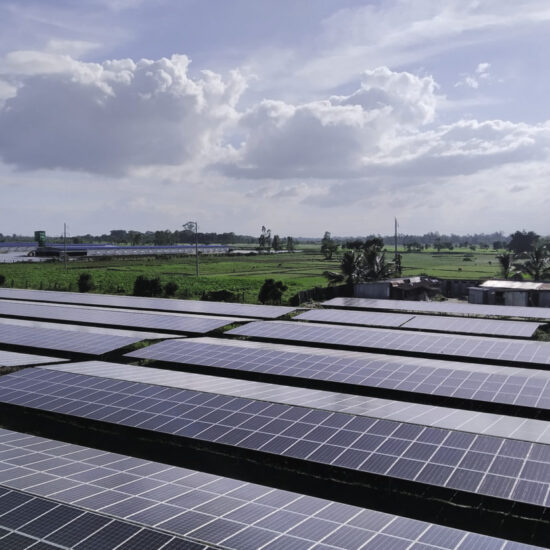
The Centre for Trade Policy and Development – CTPD is calling on Government to rethink its definition of what constitutes ‘key economic sectors’ as calls to re-open certain sectors amidst COVID-19 are being implemented.
The Centre says there is need to clearly define what constitutes key economic activities and differentiate those that are social in nature, said CTPD Senior Researcher Dr. Simon Manda.
“As CTPD our understanding of ‘key economic sectors’ are those that contribute immensely to the country’s GDP, job creation, domestic resource mobilization and help to reduce poverty and inequality”.
“We are afraid to mention that those that were recently announced by the President fall short of that definition. When we talk about economic sectors, we have in mind sectors such as Mining, agricultural food production and local manufacturing,” He added
Dr Manda told the Zambian Business Times – ZBT in a statement that there is need to also identify needy urban households especially in high density areas [compounds] and consider introducing support such as through food banks.
He disclosed that for Lusaka alone, food banks could play a pivotal role in closing gaps in food access to the majority of who do not have reliable access to food and that this raises the need for not only government support but also food charities and ordinary individuals.
Dr. Manda further stressed that this can help address not only food insecurity but also food waste by distributing food which otherwise would have been lost.
The CTPD Senior Researcher has observed with concern that the scaling down of economic activities and restrictions on social movements could create a new stream of urban poor as they face financial constraints due to reductions in or loss of both formal and informal jobs in the wake of COVID-19.
He has since urged Government to consider the vulnerable, poor and equally food insecure urbanites as it comes up with interventions aimed at protecting the affected populations from COVID-19.







